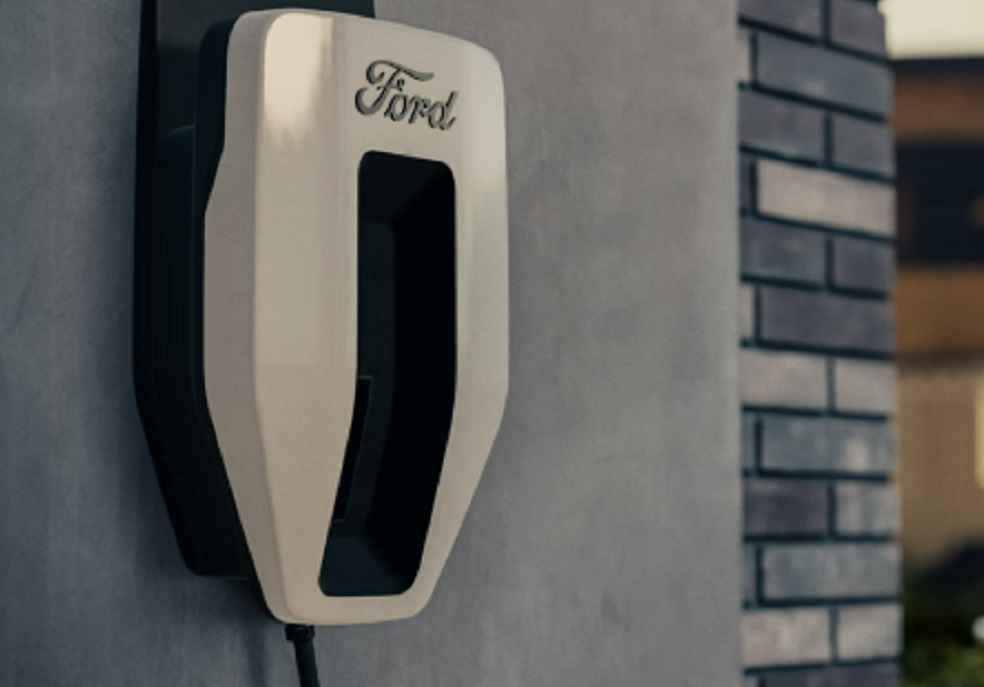Ford has warned of a substantial profit decline this year, driven largely by escalating costs from U.S. tariffs imposed under Donald Trump’s administration. The company now expects its adjusted earnings before interest and taxes (EBIT) to fall by as much as 36%, with a projected net tariff impact of $2 billion, $500 million higher than previously estimated.
The tariffs, including duties on imported vehicles, auto parts, steel, aluminium, and other goods, have increased production costs even for Ford, which manufactures more vehicles in the U.S. than any other carmaker. CEO Jim Farley remarked that these policy shifts are pushing the global auto industry toward regional segmentation. “Europe, North America, and Asia are increasingly becoming regional businesses,” he said.
Farley also pointed to the U.S.-Japan trade deal, which reduced tariffs for Japanese imports, giving competitors like Toyota a price advantage due to Japan’s lower labor and currency costs. Ford faces cost disadvantages of up to $10,000 per vehicle compared to some Japan-built models, according to Farley.

The larger tariff burden is partly attributed to the Trump administration’s move to double steel and aluminium duties and the extended duration of tariffs related to fentanyl-related trade policies. CFO Sherry House noted that these expenses are passed along the supply chain, raising Ford’s overall cost base.
Other automakers are also feeling the pinch. General Motors reported a $1.1 billion earnings hit from tariffs in the second quarter, with full-year impacts expected between $4 billion and $5 billion. Stellantis anticipates a $1.7 billion loss this year due to import taxes.
Despite these challenges, Ford reported stronger-than-expected second-quarter earnings. The company posted adjusted earnings of 37 cents per share, beating the analysts’ forecast of 33 cents. Adjusted EBIT stood at $2.1 billion, exceeding expectations.
Performance across divisions showed mixed results. The traditional Ford Blue segment earned $661 million, down from $1.2 billion a year ago, despite a 14.2% rise in U.S. vehicle sales, helped by employee-pricing discounts. Ford Pro, the commercial vehicle unit, brought in $2.3 billion in EBIT, compared to $2.6 billion last year.

The electric vehicle division, Model-e, reported a quarterly loss of $1.3 billion, an increase from last year’s $1.2 billion loss. U.S. EV sales dropped 31%, driven by aging models and a temporary halt in Mustang Mach-e deliveries due to a safety recall. Ford expects to lose up to $5.5 billion on EVs in 2024.
Farley said the company will unveil a revised EV strategy at an August 11 event in Kentucky, hinting at a ‘breakthrough electric vehicle’ that could be a turning point akin to Ford’s historic Model T.
He also highlighted future opportunities in fleet management and autonomous transport, expressing optimism about Ford Pro’s role in supporting driverless robotaxi networks.
Meanwhile, quality control remains a critical issue. Ford has taken a $570 million charge in the second quarter to cover a recall of nearly 700,000 SUVs over engine fire risks, contributing to its status as the most recalled automaker in the U.S. Farley pledged improvements to shake off that distinction.
DON’T MISS | Mercedes Pauses Orders for Electric Vehicles in the U.S.





